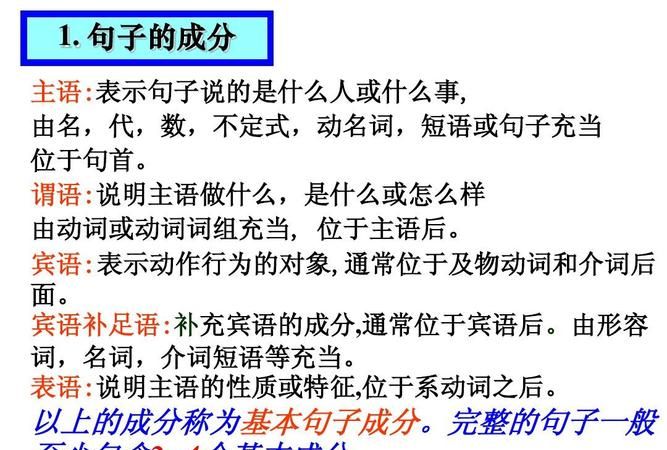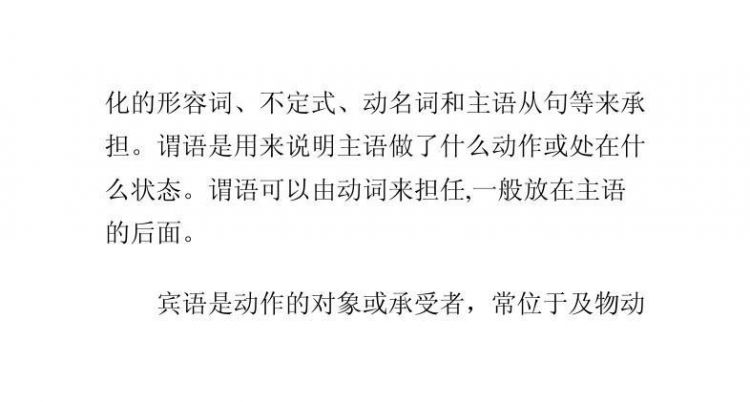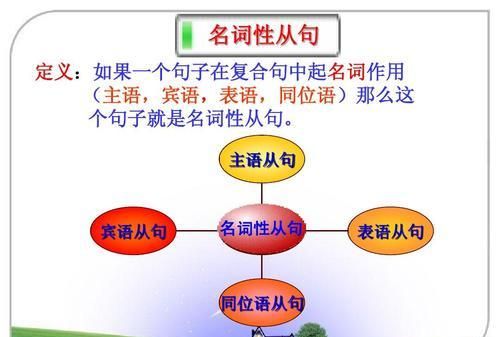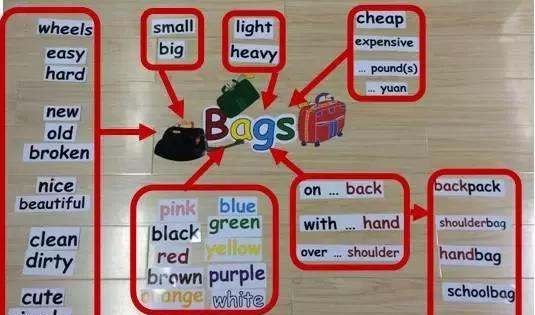本文目录
用主格宾格形容词性物主代词名词性物主代词造句
主格宾格所有格(形容词性物主代词&名词性物主代词)
I(我,作主语)me(我,作宾语)my(我的,后面加名词)mine(后不加名词)
you(你,你们,作主语)you(你,你们作宾语)your(你,你们的,同上)yours(同上)
she(她,做主语)her(她,作宾语)her(她的,同上)hers(同上)
he(他,做主语)him(他,作宾语)his(他的,同上)his(同上)
it(它,做主语)it(它,作宾语)its(它的,同上)its(同上)
we(我们,做主语)us(我们,作宾语)our(我们,同上)ours(同上)
they(他们,做主语)them(他们,作宾语)their(他们,同上)theirs(同上)
唔,累死我了,我刚刚总结的,希望对你有用...

形容词的比较级和最高级句子结构
1.常用“形容词+介词+宾语”句型
相关介词(about at for from in of to with )
(1) 主语+be+形容词+about+宾语
用于本句型的常见形容词有: anxious(焦虑的,担心的), certain, concerned(担忧的,关注的), careful excited, optimistic, happy, nervous, particular(挑剔的)worried,sorry(惭愧的)等。
Mary is very anxious about Tom's health.
玛丽非常担心汤姆的健康状况。
The President is deeply concerned about this issue
总统对这个问题深感担忧。
It's natural to be nervous about being back here at work.
回到这里工作有点儿紧张是正常的。
(2) 主语+be+形容词+at+宾语。
用于本句型的常见形容词有: amazed, angry, annoyed, astonished,bad clever, disgusted,surprised,good,slow等
Mary was amazed at what Tom had done.玛丽对汤姆的所作所为感到吃惊。
He is angry at the injustice of the situation他对这种不公的情况感到愤愤不平。
She is good at association with people.她善于与人交往。
(3)主语+be+形容词+for+宾语。
用于本句型的常见形容词有:adequate,anxious,appropriate,eager,famous,fit,good, greedy,late, necessary, proper, responsible, thirsty(渴望的)等
Jeans are not appropriate for formal party.正式聚会上穿牛仔裤不合适。
France is famous for its fine food and wine.法国以佳和美酒闻名。
Who is responsible for breaking the mirror?这个镜子是谁打破的?
(4)主语+be+形容词+from+宾语。
用于本句型的常见形容词有: absent, distant, different,free, remote,safe, secure, separate等。
Two students are absent from class today.今天有两名学生缺课
The town is rather remote from the sea.这个城镇离海相当遥远。
Business bank accounts are separate from personal ones.银行的商业账户同个人账户是分开存放的
(5)主语+be+形容词+in+宾语。
用于本句型的常见形容词有 absorbed, concerned(相关的) interested, involved, lackinglost等
I was so absorbed in doing something that I was unaware of things happening around me.
我做事太过专心以至于对周围发生的事情丝毫未察觉。
There was no evidence that he was concerned in the activity.没有证据显示他与这项活动相关。
would be very interested in being involved in the plan.我十分有兴趣参与这个计划。
(6)主语+be+形容词+of+宾语。
用于本句型的常见形容词有 ashamed,aware, capable, certain, characteristic, composed, confident
conscious fond, ignorant(无的), independent, jealous proud, worthy(值得的)等的
He is confident of winning the next election.他有把握赢得下届大选。
We need a central bank that is independent of the government.
我们需要一个不受政府控制的独立的中央银行。
Two points in this report are especially worthy of notice.这份报告中有两点尤其值得注意
(7)主语+be+形容词+to+宾语。
用于本句型的常见形容词有: accustomed appropriate, attractive beneficial,common, devoted,equal
essential, fair, faithful, friendly, harmful, helpful, grateful, loyal, open, superior, sensitive, similar, strange
vital等。
He is accustomed to walking with his wife after dinner.他习惯于晚餐后和妻子一起散步。
These measures should be beneficial to the economy。这些措施应该对经济有益
We must be more sensitive to the needs of teenagers.我们必须对青少年的需求更加敏感
(8)主语+be+形容词+with+宾语
用于本句型的常见形容词有:angry,annoyed,associated,bored ,busy,content,crowded,delighted,faced,familiar,frank,friendly,patient,pleased,popular,satisfied,strict,wild,wrong等
She was annoyed with the boy for being so careless.
他因为这个男孩儿如此粗心而对他生气
Most people are familiar with this figure from Wagner's opera.
多数人都熟悉瓦格纳歌剧中的这一人物

形容词在句中可以做主语和宾语吗
一般不作主语和宾语,常作定语、表语和补语。
形容词在句子中可作定语、表语和补语。例如:
This is a tough task. (作定语)这是一个困难的任务。
This task is tough. (作表语)这个任务很困难。
They consider this job tough. (作补语)他们认为这个任务很困难。
【注】(1)有时,形容词加一个定冠词,起名词作用,表示某一类的人或事物。其意义是单数还是复数,要根据该词所代表的情况而定。例如:
The rich should help the poor. 富人应该帮助穷人。
The wounded were taken to the hospital. 伤员被送到医院去了。
The good in him outweighs the bad. 他的优点多于缺点。

英语中形容词可以作主语
一般情况是不可以的,但是特殊情况可以做主语。
这是个倒装句,还原过来应该是his view of freedom was especially significant.这个倒装句是把副词形容词提前,然后倒主语和谓语。
形容词的作用是说明人或事物的属性、状态或特征的词,在句子中主要作名词的装饰语。形容词通常置于其修饰的名词之前,并且多数形容词具有比较等级。在英语中形容词在句中作定语,表语,状语,宾语补足语和主语或宾语。

扩展资料:
汉语词类中形容词:表示事物的形状、性质和状态等。如“大、高、认真、生动、美丽、精明、可爱、冰凉、初级、高级、简单、复杂”。
用法:
1、性质形容词一般能受“不”和“很”的修饰。如“不大、很大、不生动、很生动”。少数状态形容词不受“不”和“很”的修饰,如不说“不冰凉、很冰凉、不雪白、很雪白、不初级、很初级”。
2、能修饰名词,经常作谓语或定语。如“大眼睛、高楼、冰凉的酸梅汤、初级职称”。
3、部分形容词可以重叠。如“大大、长长、高高”。
4、不能带宾语。
以上就是关于形容词作主语和宾语的例句 ,用主格宾格形容词性物主代词名词性物主代词造句的全部内容,以及形容词作主语和宾语的例句 的相关内容,希望能够帮到您。

